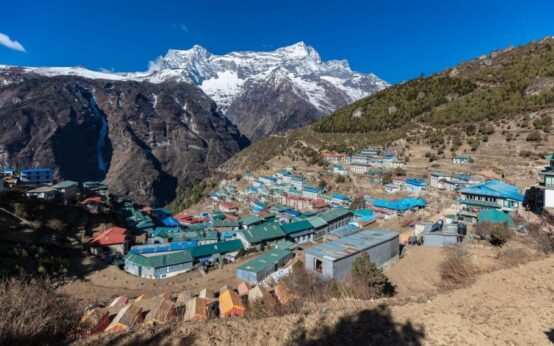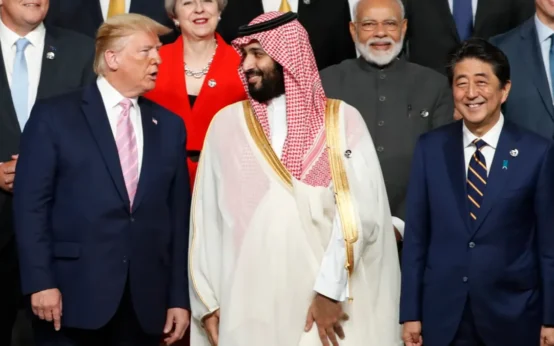Saudi Arabia to Allow Alcohol Sales in 600 Locations by 2026
Historic Policy Shift
Saudi Arabia will permit alcohol sales in about 600 designated locations starting in 2026. This marks a major change for the Islamic Kingdom, where alcohol has been banned since the inception of Islam.The decision aligns with Vision 2030, a plan to modernize the economy and boost tourism.

Licenses will cover five-star hotels, luxury resorts, tourist hubs like Neom, and major events like the 2030 Expo and 2034 FIFA World Cup. Only beverages with up to 20% alcohol content, such as beer, wine, and cider, will be allowed.
Reasons for the Change
The move aims to make Saudi Arabia a global tourism hotspot. The Kingdom wants to compete with neighbors like the UAE and Bahrain, where regulated alcohol sales attract visitors. Hosting the 2034 FIFA World Cup and 2030 Expo adds pressure to modernize.
Crown Prince Mohammed bin Salman’s Vision 2030 seeks to diversify the oil-dependent economy. Allowing alcohol in controlled zones is expected to draw international investment and create jobs. The policy also responds to growing global scrutiny of Saudi Arabia’s strict cultural norms.
Balancing Tradition and Modernity
Saudi Arabia’s legal system follows Sharia, which bans alcohol based on Quranic teachings. The country’s Wahhabi interpretation of Islam has long enforced this prohibition. The royal family relies on religious support to maintain legitimacy.
The 2026 plan limits alcohol to specific tourist zones to respect cultural values. This controlled approach aims to avoid backlash from religious leaders while appealing to foreign visitors. Earlier this year, a proposed total alcohol ban at the 2034 World Cup sparked outrage among fans, prompting a policy rethink.
Market Implications
The alcohol market in Saudi Arabia is currently nonexistent due to the ban. The 2026 policy will create a new, tightly regulated market. International hotel chains are already adjusting properties to include “booze zones.” Demand is expected to come from tourists, expatriates, and diplomats.
The policy targets luxury venues, suggesting a focus on premium brands. Neighboring UAE’s success with alcohol sales—boosting tourism revenue—serves as a model. Saudi Arabia hopes to replicate this while maintaining strict oversight. The market size is unclear, but growth potential is high given the Kingdom’s tourism ambitions.
Global and Local Reactions
International hospitality brands have welcomed the decision. They see it as a chance to tap into Saudi Arabia’s growing tourism sector. Tour operators and event organizers view it as a boost for global events. Locally, the policy is controversial. Some citizens support modernization, but others fear it erodes Islamic values.
Social media posts reflect mixed sentiments, with some praising the shift and others criticizing it as a departure from tradition. The government is moving cautiously to balance these views. The 2026 rollout is seen as a test case for further reforms.
Saudi Arabia’s alcohol ban stems from its role as the heart of Islam, home to Mecca and Medina. Sharia law has governed the Kingdom since its founding, enforcing strict prohibitions. Vision 2030, launched in 2016, aims to transform this image.
The plan includes mega-projects like Neom and Red Sea resorts to attract global tourists. Recent reforms, like allowing women to drive and opening cinemas, show a gradual shift.
The alcohol policy builds on earlier moves, such as a 2024 liquor store for diplomats. Pressure from global events and competition with Gulf neighbors drives this change. The Kingdom wants to shed its ultra-conservative image while preserving its religious identity.


 Saudi Crown Prince’s Warning on Israel and Iran
Saudi Crown Prince’s Warning on Israel and Iran  Saudi Arabia Denies Plans to Lift Alcohol Ban
Saudi Arabia Denies Plans to Lift Alcohol Ban  U.S. Inflation drops to 2.4%
U.S. Inflation drops to 2.4%  Kevin De Bruyne leaving Manchester City
Kevin De Bruyne leaving Manchester City  Connecting Everest to Kathmandu
Connecting Everest to Kathmandu  Donald Trump Wants $1 Trillion Investment from Saudi Arabia
Donald Trump Wants $1 Trillion Investment from Saudi Arabia